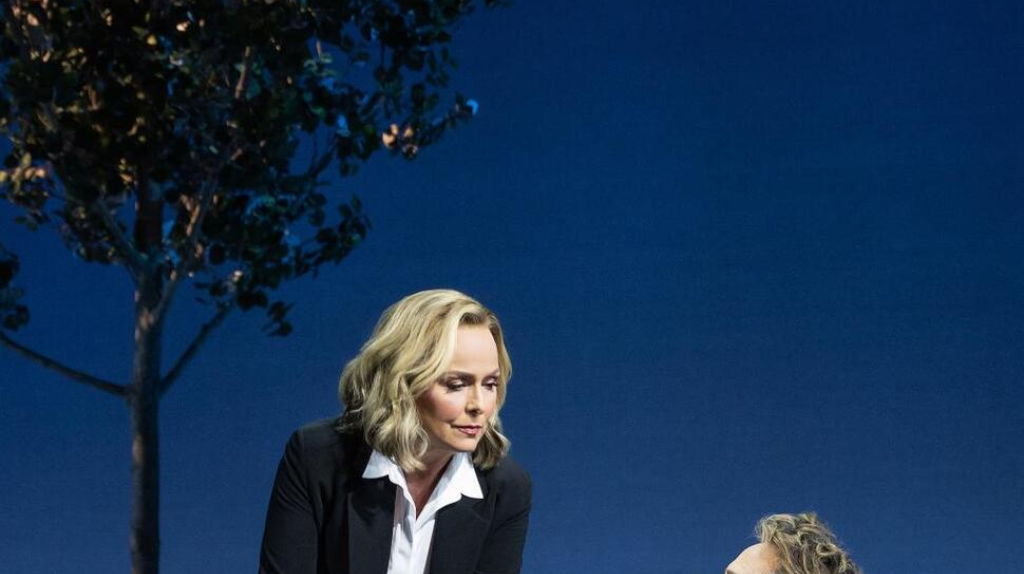Robert Downey Jr., the iconic actor known as Tony Stark in the Marvel Cinematic Universe, recently made headlines by stating his intention to sue any future executives attempting to recreate his likeness using artificial intelligence. During an appearance on the “On With Kara Swisher” podcast, Downey expressed his concerns over the unauthorized use of his digital image, emphasizing the importance of protecting his legacy.
Downey’s Concerns About AI and Legacy
In his remarks, Downey stated that while he doesn’t believe Marvel executives would ever replicate his character through AI, he intends to “sue all future executives” who allow such actions. He emphasized that decisions regarding his character are ultimately in the hands of a few key individuals who value his portrayal. However, he acknowledges the potential for new executives to make different choices.
Downey’s comments come in the context of the ongoing Hollywood video game performers’ strike, which began in July. This labor dispute centers around protecting performers’ rights in the face of advancing AI technologies and the fear that studios may exploit digital replicas without consent.
Legal Protections and Industry Impact
Recent developments in California law bolster Downey’s stance. A new law prohibits unauthorized replicating of a deceased performer’s likeness without prior consent, allowing actors like Downey to protect their digital representations. This legislation, sponsored by the Screen Actors Guild-American Federation of Television and Radio Artists (SAG-AFTRA), reflects growing concerns among performers about the implications of AI in the entertainment industry.
During the podcast, Downey also discussed his Broadway debut in “McNeal,” a play that tackles AI, artistic integrity, and copyright infringement themes. This performance highlights his ongoing engagement with critical conversations about the role of technology in the arts.
Conclusion
As the debate over AI and its implications for creative industries continues, Robert Downey Jr.’s outspoken stance is a powerful reminder of the need for protection for performers in the digital age. His commitment to defending his likeness reflects broader concerns about the ethical use of AI in entertainment.


